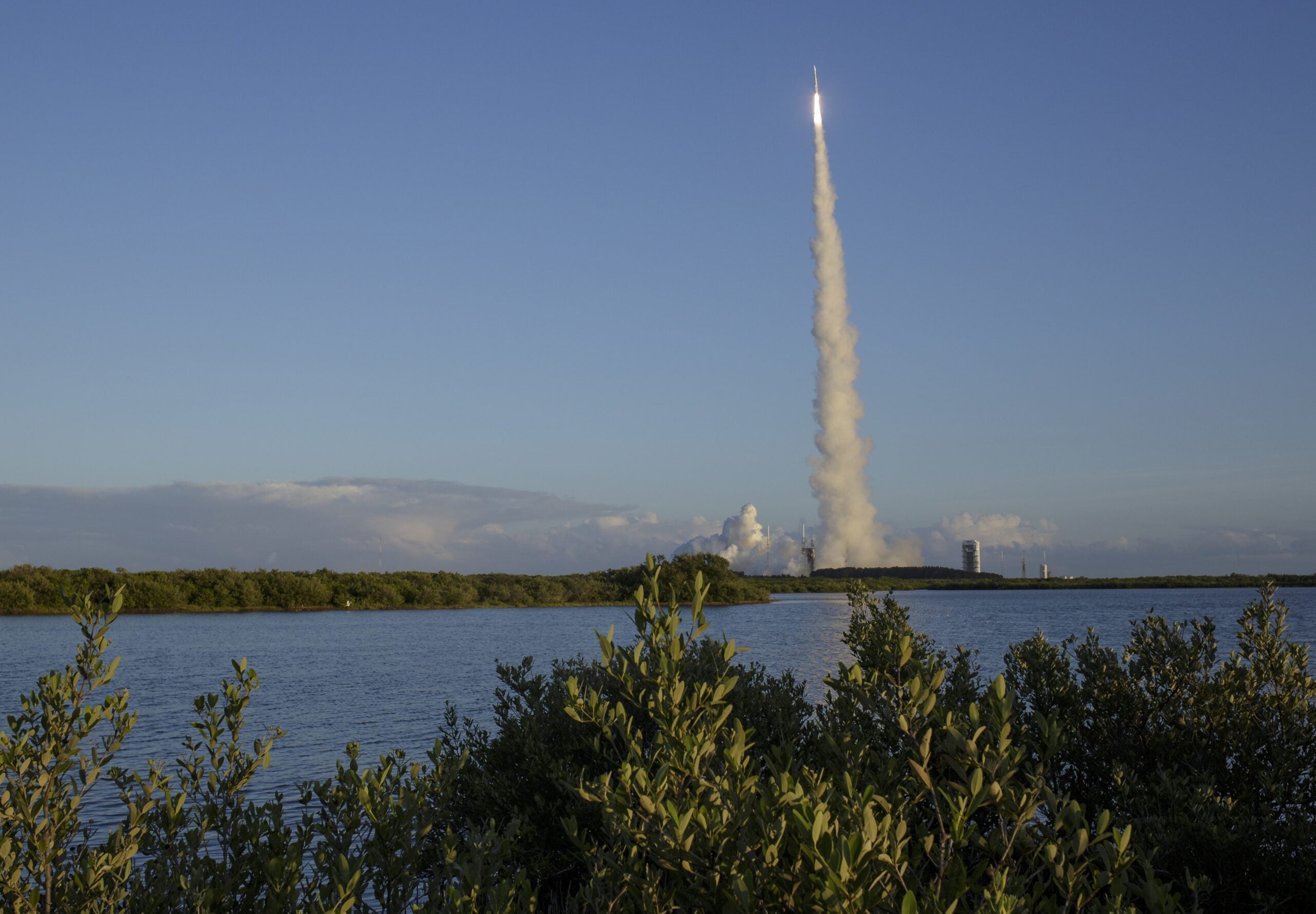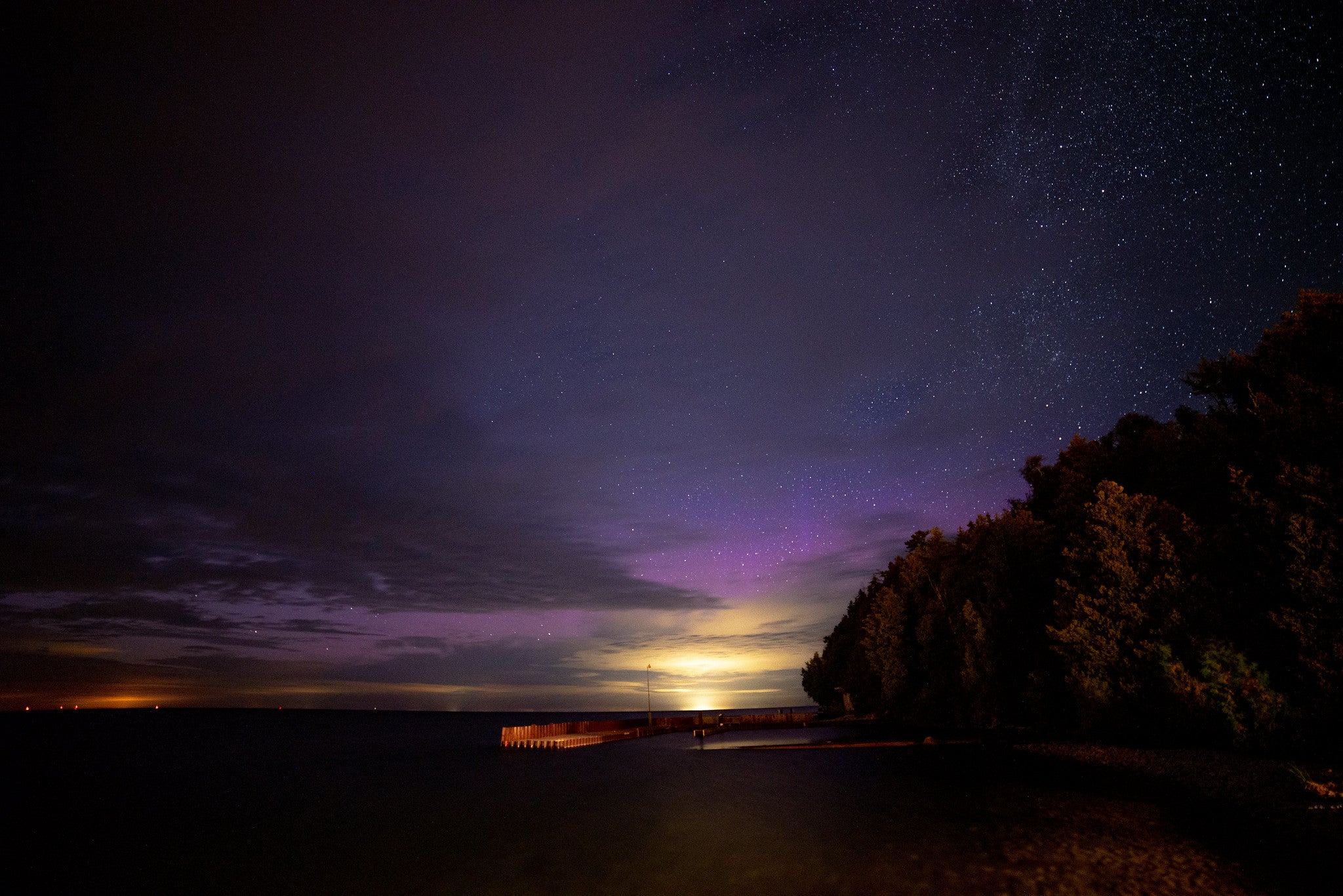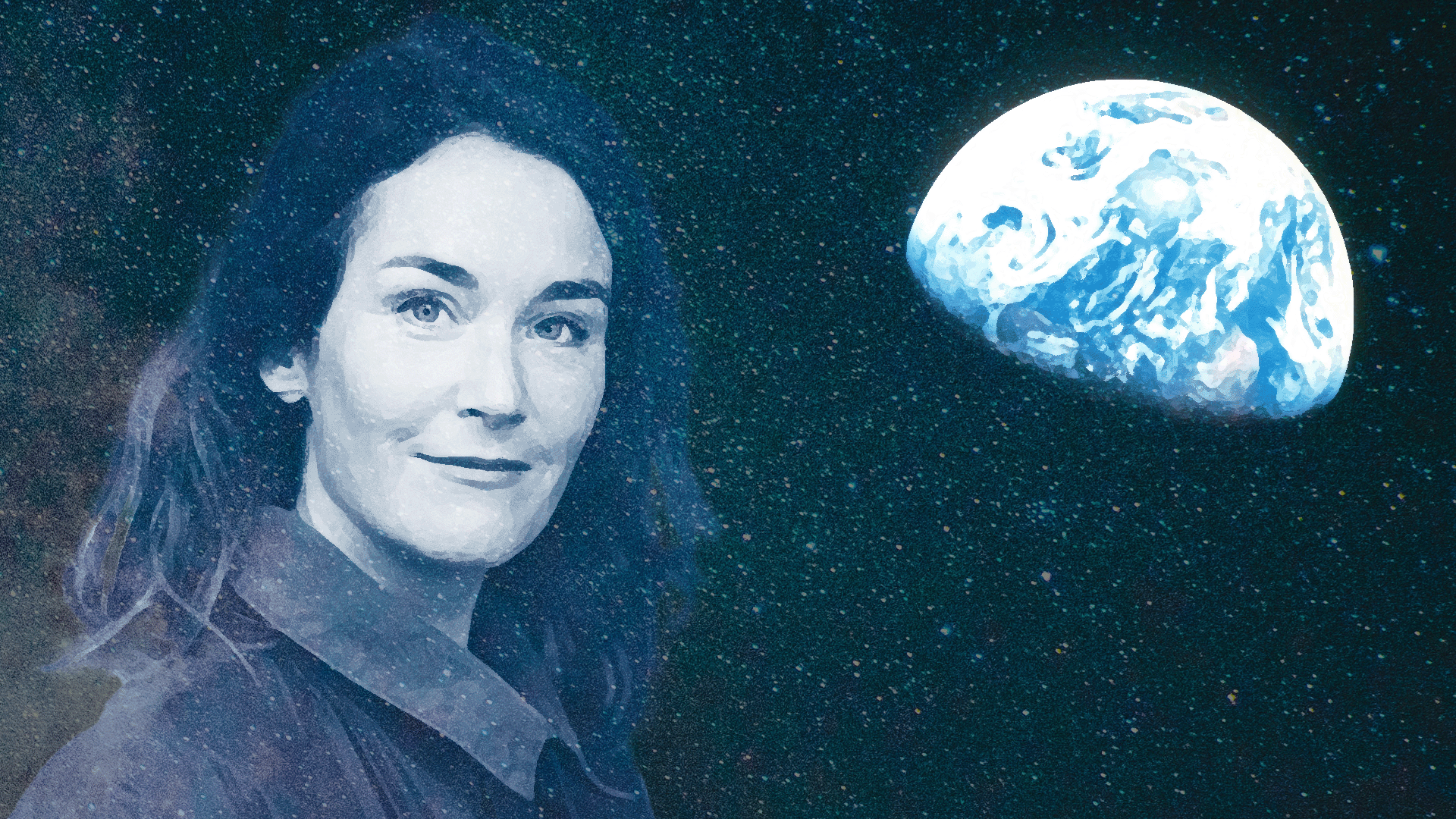Outer space is amassing galactic garbage, and that may have consequences on Earth and into the universe. Our guest explores the tangible effects of blasting manmade materials into the galaxy for decades. She examines the environmental history of space and considers the context it provides as human beings cooperate beyond our own atmosphere.
Lisa Ruth Rand is an A.W. Mellon Postdoctoral Fellow at the University of Wisconsin-Madison. She’s writing a book about considering outer space a natural environment, one that space junk threatens. Rand questions who holds responsibility for protecting outer space and how politics drive decisions in the Space Age. She says some natural processes diminish problems with garbage outside Earth, but they don’t eliminate issues. Rand says humans can reduce risk of harm by bringing more materials back to the ground.
Countries around the globe are weighing options to control trash in space. NASA is funding technology that could envelope space junk and pull it back to Earth. Australian researchers are working to better identify and track pieces to prevent them from crashing into satellites. Italian scientists want to equip satellites with technology to bring them back to Earth and to extend their use, so people don’t have to launch as many into orbit.
What questions do you have about space junk? Is outer space the next environmental frontier? Do you care about the items people abandon beyond the atmosphere? Email us at ideas@wpr.org. Find WPR’s The Ideas Network on Facebook, and tweet @WPRMornings.
Episode Credits
- Kate Archer Kent Host
- Kealey Bultena Producer
- Lisa Ruth Rand Guest
Wisconsin Public Radio, © Copyright 2025, Board of Regents of the University of Wisconsin System and Wisconsin Educational Communications Board.


